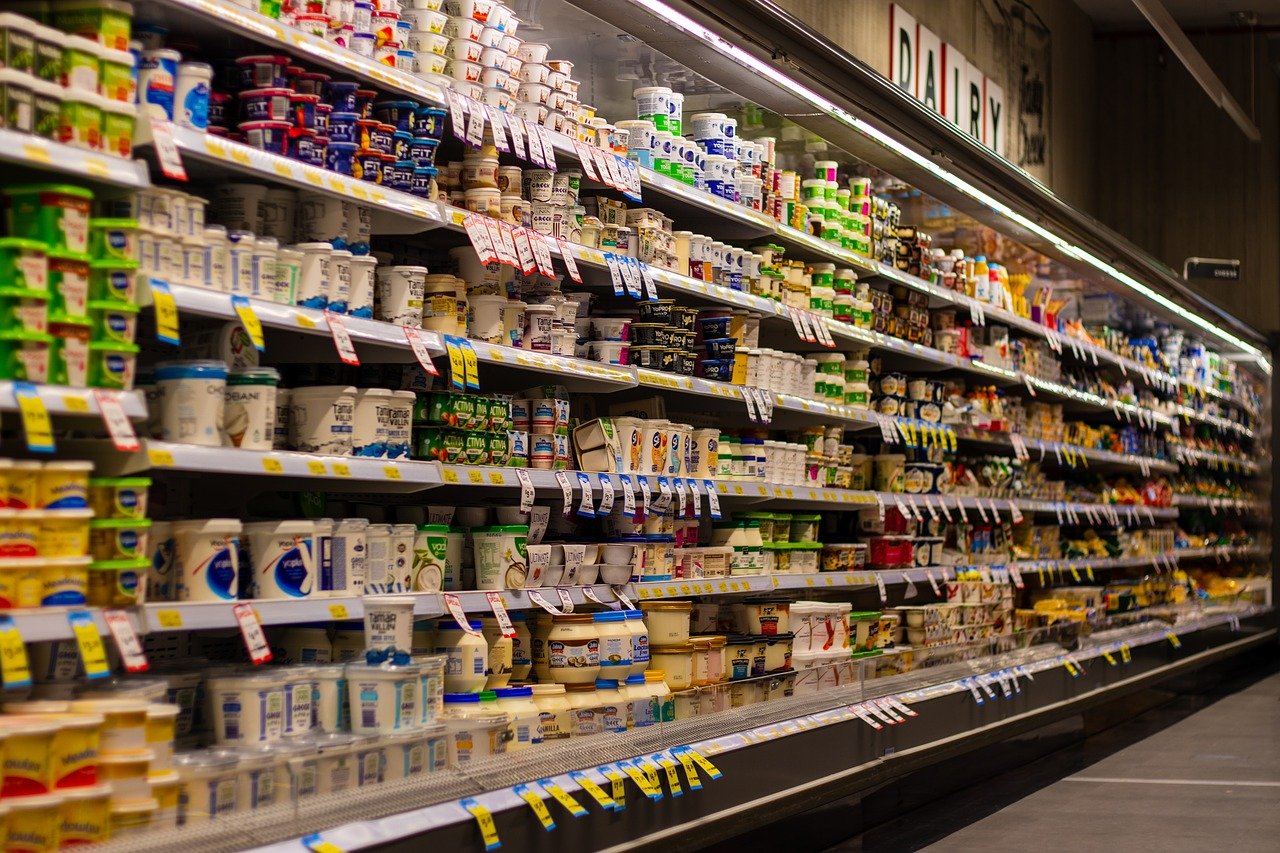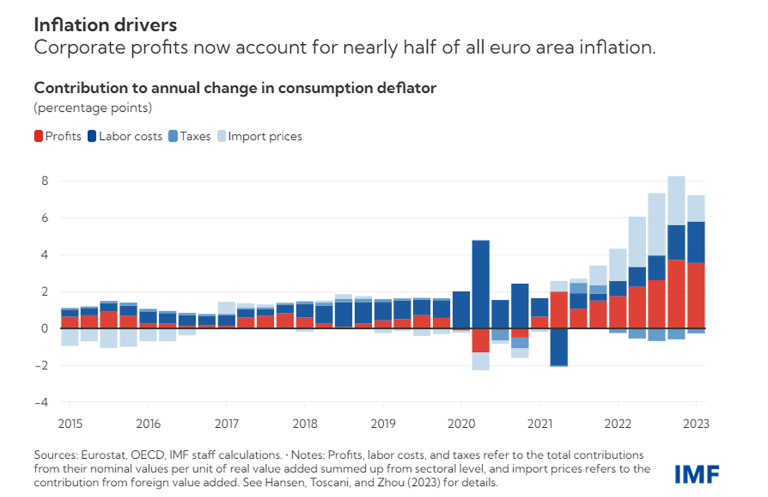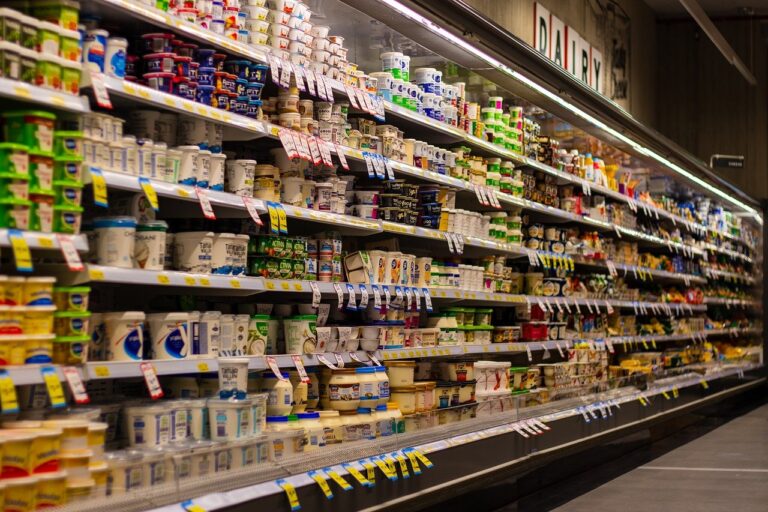Executives from the UK’s leading supermarkets, including Tesco, Sainsbury’s, Asda, and Morrisons, are being questioned by MPs over the continued rise in food prices despite some wholesale costs falling. The parliamentary committee is examining the cost of a weekly shop as households across the country grapple with inflation.
According to the British Retail Consortium, food inflation reached 14.6% in June, down from 15.4% in May. However, this does not indicate a decrease in prices but rather a slower pace of increase. Helen Dickinson, the consortium’s chief executive, predicts that if the current situation persists, food inflation could drop to single digits later this year.
Despite this, food prices remain a significant factor in the UK’s stubbornly high inflation rate. With many households also dealing with rising rents or mortgage costs, there is increasing pressure on supermarkets to justify the high cost of shopping.
On Tuesday, MPs will question senior supermarket bosses about food and fuel price inflation, asking if prices will come down this year. Politicians, trade unionists, and the governor of the Bank of England have all questioned why prices on supermarket shelves have not fallen as rapidly as the cost of some ingredients such as wheat. They have suggested that retailers may be failing to pass on savings and are banking the profit instead. The Competition and Markets Authority is examining the issue.
Supermarkets deny they are profiteering from high prices and claim their profits are being squeezed. They argue that falls in commodity prices take time to filter through to the consumer. Most of the big chains have recently introduced high profile price cuts to staples, with Sainsbury’s on Monday the latest to announce it was investing £15m to reduce the cost of basics such as rice, pasta, and chicken. Tesco, Morrisons, M&S, Aldi, and Lidl have all reduced prices on basic foods such as bread, milk, and butter in the past few months. However, some items such as milk and eggs remain relatively expensive compared to pre-Covid prices.
Rhian Bartlett, food commercial director at Sainsbury’s, said: “These latest price cuts will help reassure customers that we will continue to pass on savings as soon as we see the wholesale price of food fall.”
Retail analyst Ged Futter points out that not all commodities have been falling in price. “Yes, prices have come down for some things, but other things have gone up like sugar, potatoes [and] chocolate,” he said. He also noted that wheat, which has fallen in price on global markets, is largely supplied from UK growers, and food manufacturers will still be buying last year’s crop at last year’s prices.
Jamie Keeble, co-founder of sausage and burger maker Heck, told the BBC’s Today programme that the price of pork was expected to remain high for the next 18 months. He said the only way supermarkets could lower their prices was by asking suppliers to cut costs, but he added: “We’re certainly not in the position to start giving cost decreases on our products.”
The British Retail Consortium has previously said there is typically a three- to nine-month lag for price falls to be reflected in shops. Supermarket executives are expected to point to other costs affecting food retail, from rising wages to the added charges related to Brexit, such as veterinary certificates. A study by academics at the London School of Economics last month found nearly a third of food price inflation since 2019 was due to Brexit.







































